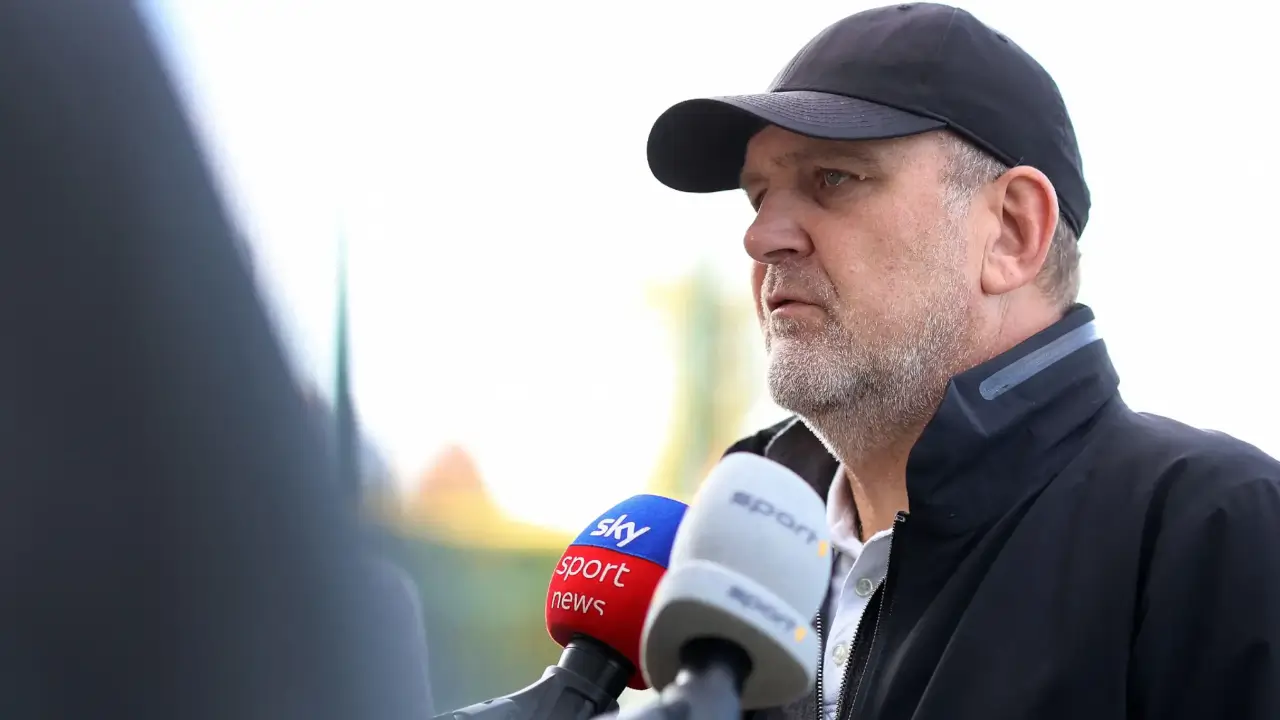An Era of Transformation at Anfield
The corridors of power at Anfield have witnessed a significant reshuffling, charting a course through a transformative era. With Jurgen Klopp at the helm, affirming his allegiance to the club, Liverpool faces the strategic conundrum of appointing a sporting director capable of fostering “Liverpool 2.0.” As reported by James Pearce of The Athletic, this administrative evolution is not just a shift but a strategic overhaul intended to propel the club into its new epoch.
Jorg Schmadtke’s Interim Stewardship
“When Jorg Schmadtke took over at the start of June, it was a short-term appointment,” writes Pearce, highlighting the transitory nature of Schmadtke’s role following rapid internal changes. Schmadtke, an import from Wolfsburg, was seen as a bridging figure, leveraging his Bundesliga acumen to navigate a critical transition phase.
His ongoing presence, as Pearce notes, “is a testament to how highly his contribution over the past four and a half months is valued.” The seamless integration with Liverpool’s recruitment think tank underscores his influence, marking a period of stabilisation in the club’s recent tumultuous journey.
The Speculative Horizon: Max Eberl’s Rumoured Consideration
Yet, the horizon beckons a decision. Pearce throws light on the conjectures swirling around Max Eberl, dispelling the anticipations linked with the Anfield administrative future: “Senior Anfield figures have played down reports in Germany that Max Eberl is being considered for the job following his departure from RB Leipzig.” The dismissal from his Bundesliga role notwithstanding, Eberl’s candidacy reflects the speculative nature of the search for strategic leadership at Liverpool.
Building “Liverpool 2.0”: A Symbiotic Vision
Amidst this administrative reshuffling, Klopp’s vision remains the centrifugal force. “We’re building Liverpool 2.0 here,” he asserts, a statement reflecting not just ambition, but a profound commitment to the club’s future. The synchrony between Klopp’s managerial ethos and the sporting director’s operational execution is paramount, suggesting the need for a figure who doesn’t just understand, but enhances Klopp’s blueprint.
Liverpool’s trajectory has been shaped by strategic masterstrokes, often orchestrated from behind the scenes. Michael Edwards, the architect of past successes, left a legacy marked by astute acquisitions and shrewd negotiations. His departure, succeeded by Ward’s short tenure, represents a shift from a model of stability to one seeking redefinition.
Pearce reflects on Edwards’ impact: “He made FSG’s self-sustaining business model work and knitted the club’s different departments together effectively.” The ensuing void post-Edwards, thus, isn’t merely about finding a replacement but about identifying a visionary who can reimagine his role’s boundaries.
Anticipating Strategic Shifts: The Future of Liverpool’s Back Office
As the club braces for potential seismic shifts — with key players reaching career crossroads and the spectre of high-profile departures — the question isn’t just who will fill the sporting director’s shoes. It’s about who can redefine them in the context of “Liverpool 2.0” — a project that transcends conventional rebuilding.
Pearce’s exposition hints at the importance of this juncture in Liverpool’s history, where each strategic decision reverberates through the club’s future. The coming months, likely fraught with speculations and revelations, will shape not just the composition of Liverpool’s leadership, but possibly, the trajectory of English football.



